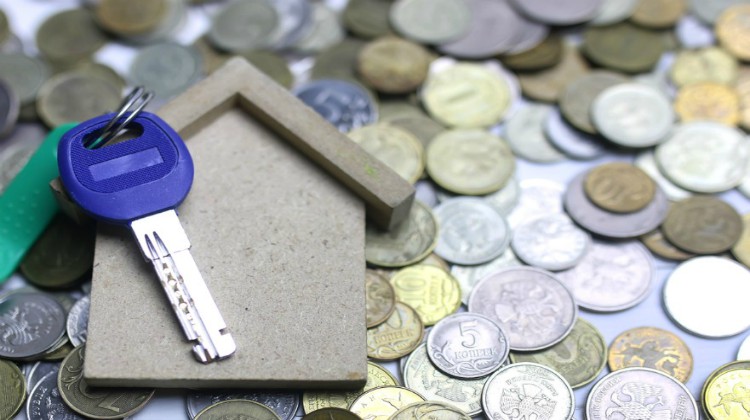Owning your own home as been perceived as the “American Dream” for quite some time.
How many people have achieved this dream?
Right now more than 60% of Americans own homes.
Coming up with the down payment for that house was probably pretty stressful, huh?
Unfortunately, that’s not where the financial hurdles end when it comes to home ownership.
In fact, it’s just the beginning.
After buying a home, you’ll quickly realize just how much it actually costs to own a home.
So what can you do to make sure you’re well equipped to handle everything?
Follow these top 4 financial tips for new homeowners:
1. Set A New Budget
If you’re at all financially savvy, i’m sure you’ve been following a set budget that you created for yourself.
Well, now is the time to update that budget.
It may not be enough to just swap out the amount you were paying in rent for your new mortgage.
You’ll want to spend the next couple of months tracking everything you’re spending, like you did when you made your original budget.
You might find that you now have expenses that you didn’t before.
I’m sure there was no lawn to mow at that apartment, and your electricity bill will probably increase if your new house is bigger than your previous apartment.
2. Realize You Will Spend On Repairs
Apartment living was easy since it was maintenance free.
It’s the complete opposite when you own a home.
You’ll probably spend a lot more on maintenance and repairs than you initially budgeted for.
That means that you should expect to spend $1,500 to $6,000 a year if your house is worth $150,000.
Seems like a lot, doesn’t it?
Unfortunately, it doesn’t end there.
What happens if you need to replace your roof?
A smart solution is to make sure your emergency savings has enough in it to cover costly repairs like these.
A rule of thumb is that the average person should have 3 months of living expenses in an emergency fund.
6 months of living expenses tucked away in a savings account is a more reasonable goal for a homeowner.

